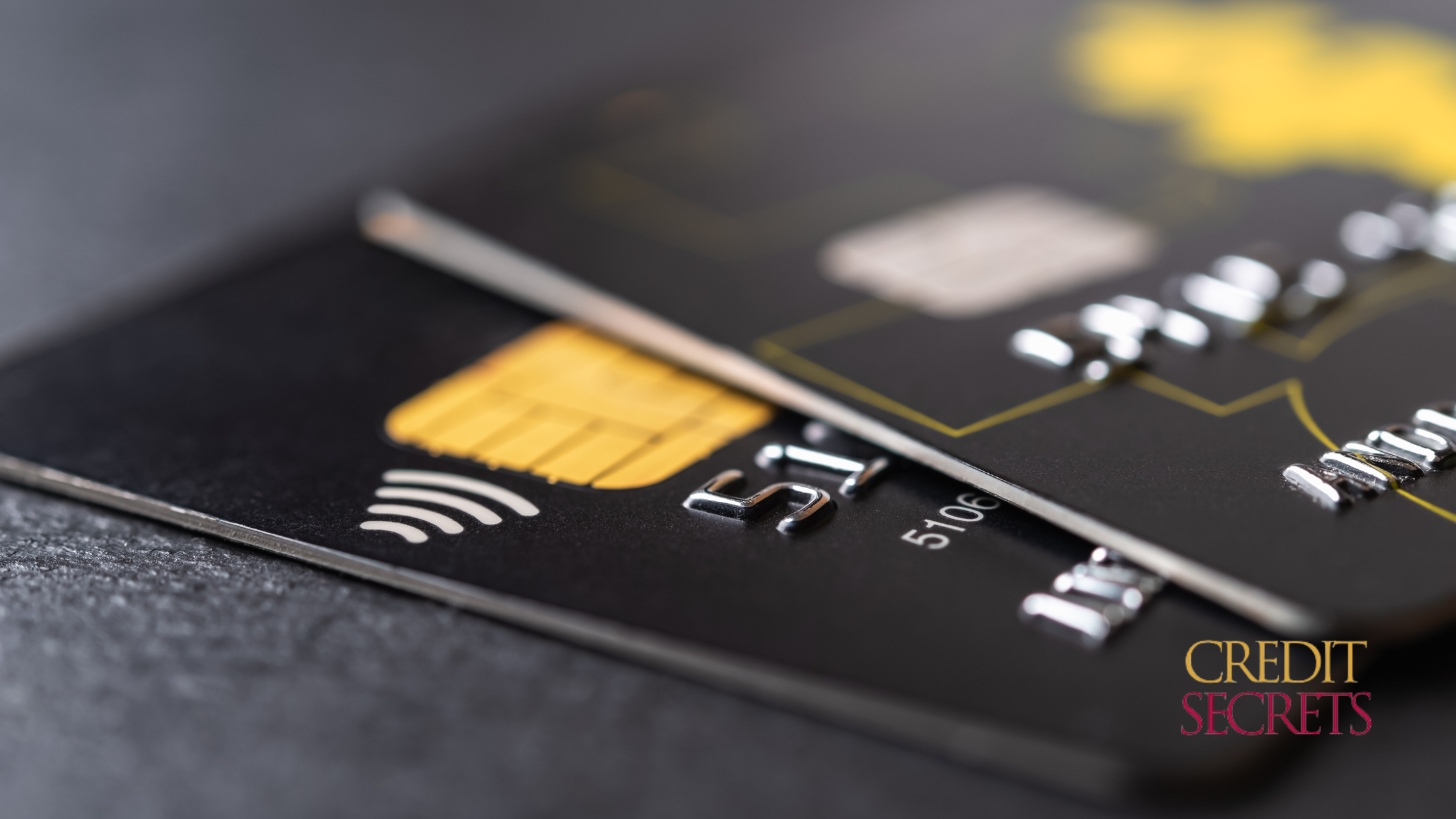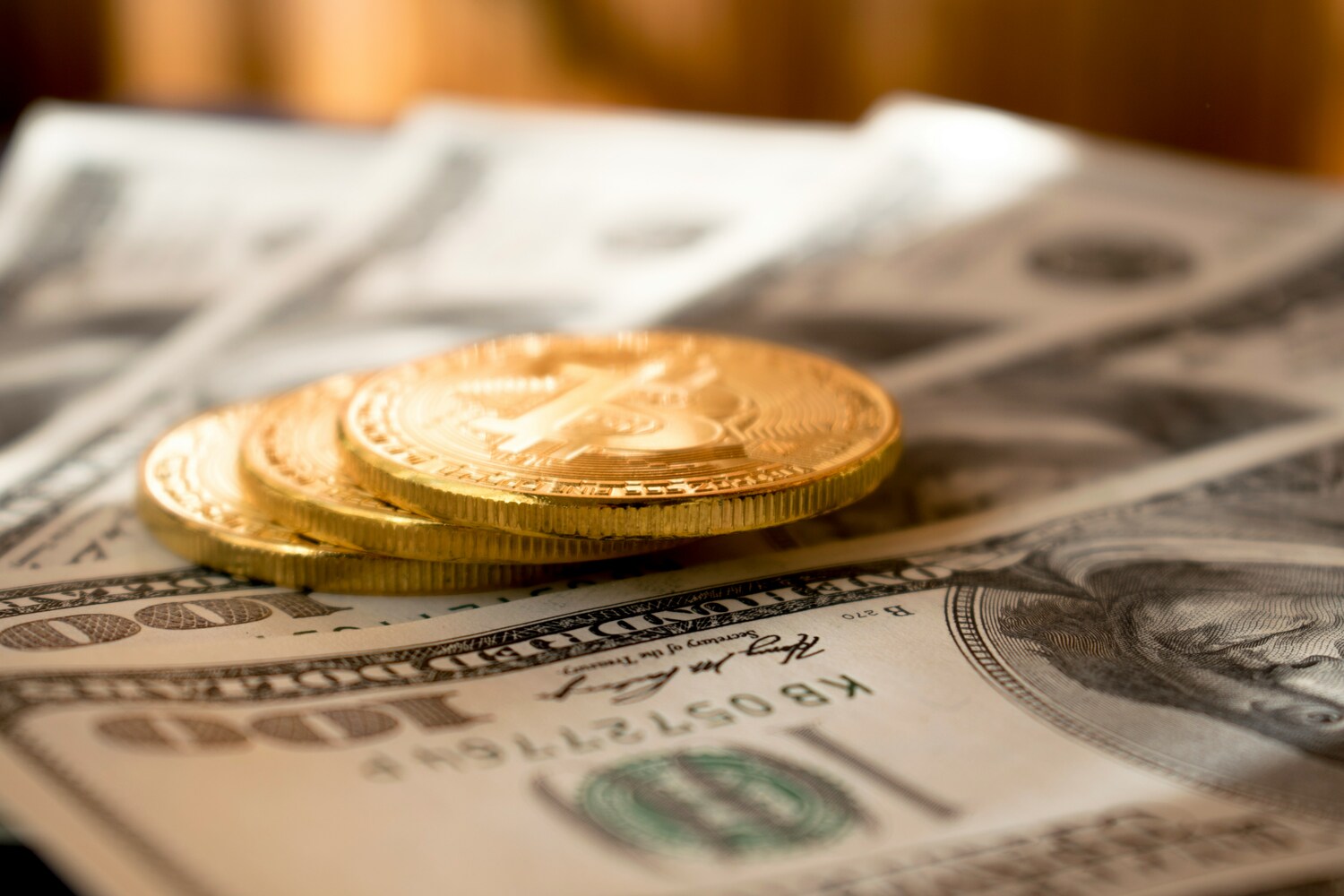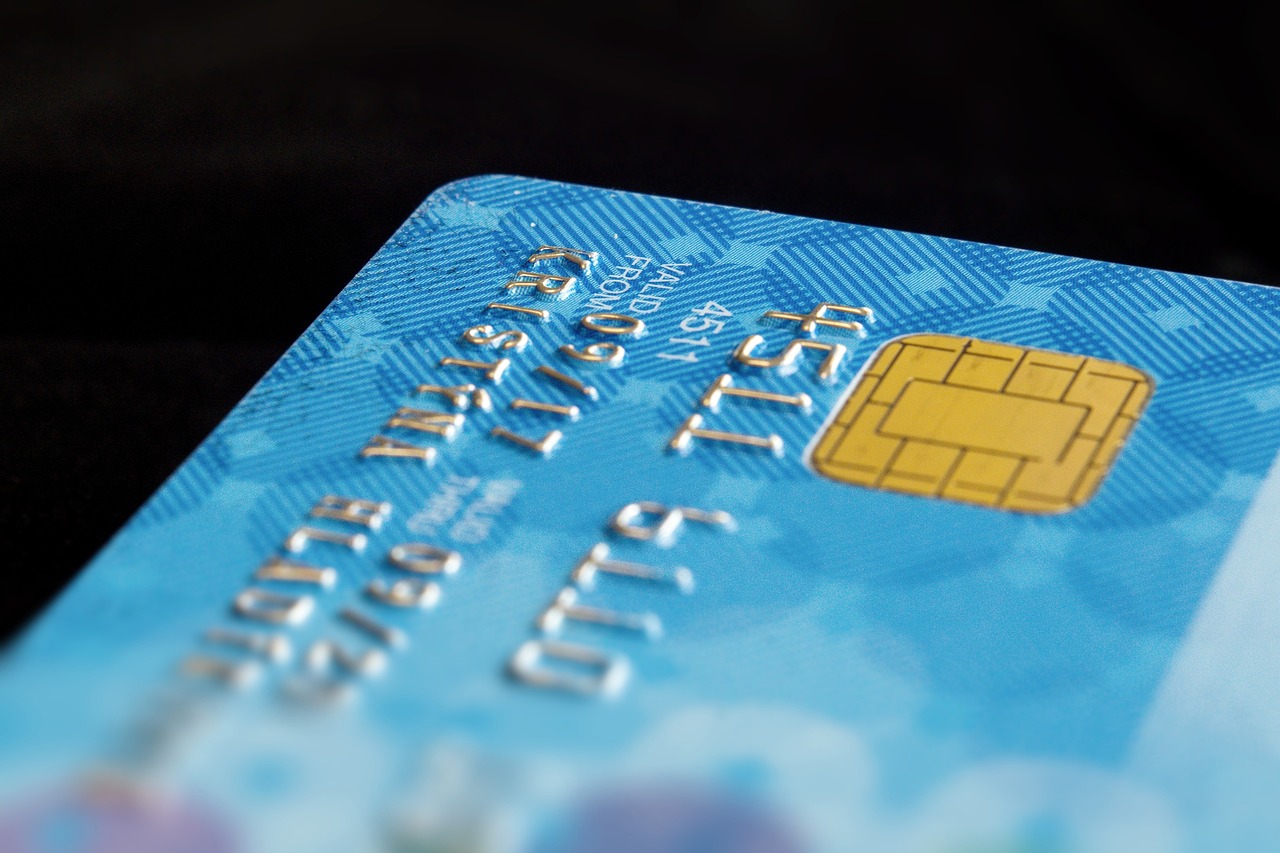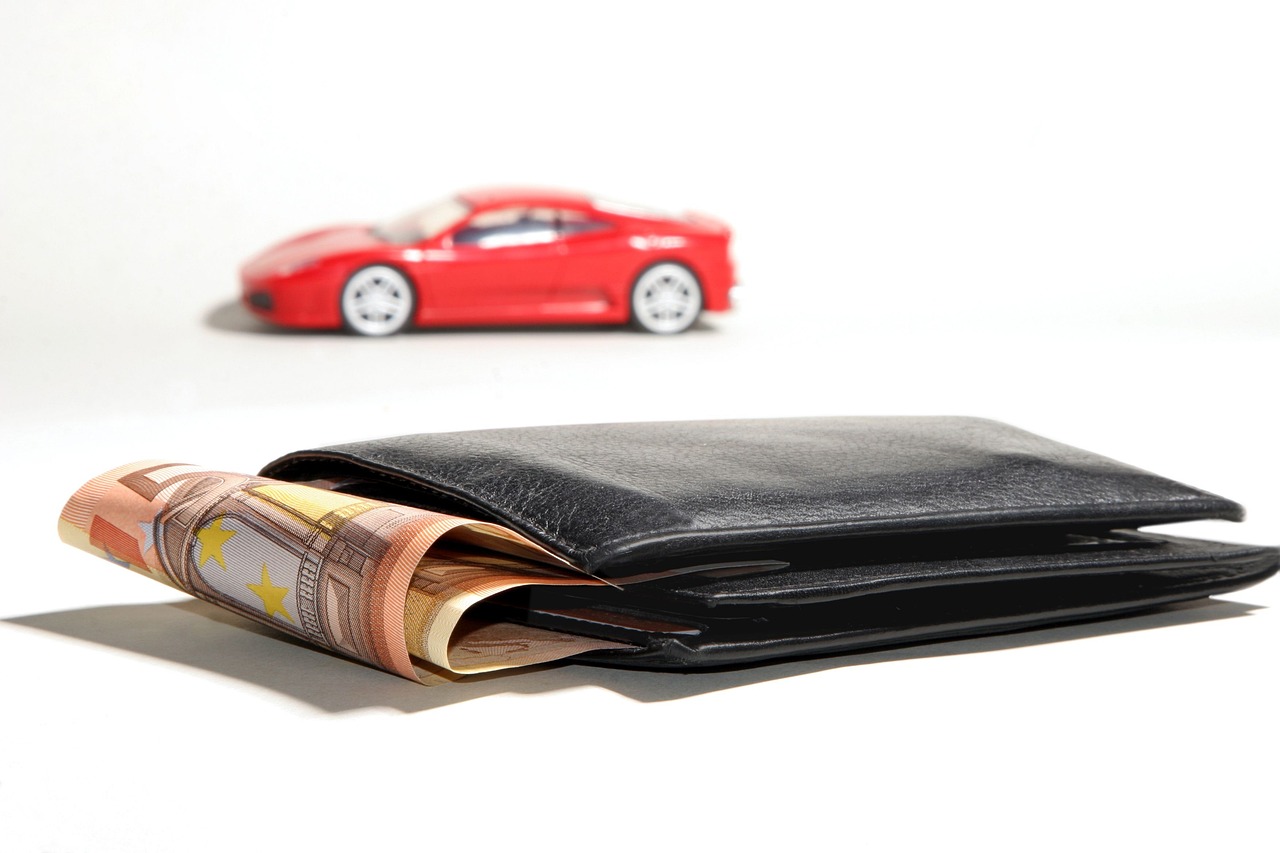Secured vs Unsecured Credit Card – What’s the Difference?

Chances are, you’ve explored credit card options at some point, and you’ve come across the terms “secured” and “unsecured.” Put simply, secured cards are funded (at least in part) by your own money, and unsecured cards are a line of credit extended by an institution based on your credit score and income.
But, there’s more to understand about these two types of card, and there are other financing options you may want to consider. Here, I lay it all out for you.
This is what’s in store:
- What is a Credit Card?
- Which is Better: Secured or Unsecured Card?
- Alternatives to Traditional Credit Cards
- Frequently Asked Questions
- Final Thoughts: What Type of Card Should You Get?
So, let’s dive in!
What is a Credit Card?
Aside from being a piece of plastic with a set line of credit that you can spend, credit cards are powerful financial tools designed to provide you with:
- Extra cash flow
- Spend tracking
- Varied financial benefits
Most credit cards come with a range of features that can impact your financial well-being through reporting of on-time payments to credit bureaus, benefits like cashback, points, and rewards, discounts with the lender’s partners, and more.
Typically, when you obtain a credit card you’ll pay an annual percentage rate (APR), interest, and fees. But, some credit cards are free – lenders or retail brands can sometimes offer free credit cards as a way to promote spending that benefits their profits or those of their partners.
When leveraged wisely, credit cards can have a positive impact on your financial health and your life. However, when used unwisely, they can pummel you into an abyss of debt (which is why it’s important to be informed).
Let’s explore the two main types of credit cards: secured and unsecured credit cards.
You might also like: DIY Credit Repair Demystified (It’s Not as Hard as You Think)
Secured Credit Card
A secured credit card is a type of credit card that requires the cardholder to make a security deposit as collateral to establish a credit limit. The amount of the security deposit typically determines the credit limit on the card. Secured credit cards are often used by individuals with limited or poor credit history, as they provide a way to build or rebuild credit.
Here’s how it works:
- When you apply for a secured credit card, you are required to make a security deposit, which is usually refundable.
- The credit limit on the card is often equal to the amount of the security deposit. For example, if you deposit $500, your credit limit is typically $500.
- As you use the secured credit card responsibly by making timely payments, your credit history improves. Some secured card issuers may review your account after a certain period and may offer to upgrade you to an unsecured card if your credit has improved.
Recommended: The Self Secured Credit Card: Is it Right for You?
How Much Should You Put on a Secured Card?
When getting a secured card, think of it like putting down a refundable deposit. This deposit becomes your credit limit, usually in the range of $200 to $500, depending on the card issuer – It’s kind of your credit card safety net.
The amount you put down influences your spending power, so choose an amount that fits your budget.
Keep in mind, the deposit is returned when you close the account or upgrade to an unsecured card, as long as your balance is settled. Starting with a manageable deposit is the only way to go.
Unsecured Credit Card
An unsecured credit card is the more common type of credit card that does not require the cardholder to provide any collateral or security deposit. The credit limit on an unsecured credit card is determined by the credit card issuer based on factors such as the individual’s credit history, income, and other financial information.
Here’s how it works:
- Unlike secured credit cards, unsecured credit cards do not require a security deposit. The credit card issuer extends credit to the cardholder based on their creditworthiness.
- The credit limit on an unsecured credit card is set by the card issuer and is influenced by the individual’s credit score, income, and other financial factors.
- Using an unsecured credit card responsibly by making timely payments and managing credit wisely can also contribute to building a positive credit history.
In summary, the key difference between a secured and unsecured credit card is the need for a security deposit in the case of secured cards. Both types of cards can be valuable tools for building or rebuilding credit when used responsibly.
Recommended: 7 Best Travel Rewards Credit Cards
Which is Better: Secured or Unsecured Card?
Neither type of card is better than the other. Choosing between a secured and unsecured credit card boils down to your money situation and credit goals.
Secured cards are like credit training wheels – great if you’re just starting out or trying to bounce back from some credit bumps. They need a security deposit upfront, making them more doable for folks with not-so-great credit history. Paying on a secured card is a gradual process that helps build up your credit score.
Now, unsecured cards are typically issued to intermediate or advanced riders. They require no upfront deposit, and they come with perks like rewards and purchase benefits. But, here’s the catch – lenders usually want to see a better credit score before they invite you to the party.
So, if you’re on the credit-building journey, a secured card might be your go-to. If your credit’s already in good shape, an unsecured card could be your ticket to the rewards and benefits party. And hey, some start with a secured card, get their credit groove on, and then upgrade to the unsecured experience.
You might also like: Top 8 Best Credit Repair Books of All Time +Free Resources
Alternatives to Traditional Credit Cards
As you navigate the world of personal finance, you’ll find a ton of alternatives to traditional credit cards, each catering to unique financial situations and preferences.
From specialized fuel cards and retailer-specific options to personal installment loans and modern Buy Now, Pay Later (BNPL) services, you have a range of accessible consumer lending choices to consider.
You might also like: How To Build Credit History (The Fastest Way)
1. Fuel Cards
Fuel cards are credit cards designed for use at gas stations. They may be co-branded with specific fuel companies or issued by major credit card companies.
Often, fuel cards offer rewards, discounts, or cash back on gas purchases. Some may have features like expense tracking for business purposes.
While fuel cards can be secured or unsecured like credit cards, they are generally limited to use at certain gas stations or within automotive-related partner networks. Likewise, the rewards and discounts are often tailored to fuel-related expenses.
2. Store Cards
Store cards are credit cards issued by specific retailers or store chains. Like credit cards and fuel cards, they can be secured or unsecured and are designed for use at the issuing store.
In many cases, store cards provide discounts, rewards, or special financing options for purchases made at the affiliated store (to entice you to spend more with the company). And, they can be easier to qualify for than general-purpose credit cards.
Typically, store cards are more restrictive in terms of usability – they tend to be limited to the specific store or its affiliates. Some store cards function more like trade lines with net 30 terms, allowing you to make purchases and pay the balance within 30 days without interest.
You might also like: 8 Easy Ways To Reduce Your Weekly Grocery Bill – Credit Secrets
3. Personal Installment Loans
Personal installment loans are unsecured loans that provide a lump sum of money to borrowers. Borrowers repay the loan in fixed monthly installments over a predetermined period.
Generally, personal installment loans offer predictable monthly payments, which makes budgeting easier. They can be used for various purposes, such as:
- Debt consolidation
- Home improvements
- Unexpected expenses
Unlike credit cards, personal installment loans provide a one-time lump sum rather than a revolving line of credit. Interest rates and terms are usually fixed for the duration of the loan.
Recommended: A Comprehensive Self-Help Credit Union Review
4. Buy Now, Pay Later (BNPL) Services
BNPL services allow you to make purchases and pay for them in installments over time. These services are usually offered by third-party companies partnering with retailers.
The idea is that BNPL services provide flexibility in payment by breaking down the cost of a purchase into smaller, more manageable payments. And, some services may offer interest-free periods.
With BNPL arrangements, you don’t receive a traditional credit card – It’s a form of short-term financing, and while it doesn’t usually impact your credit score, missed payments can affect eligibility for future BNPL transactions.
Recommended: Pros and Cons of Credit Card Balance Transfers
Frequently Asked Questions
Yes, if used responsibly, a secured card can help raise your credit score over time. Timely payments and responsible credit management are key factors in building positive credit history.
Two downsides of secured credit cards are the initial security deposit requirement, tying up some of your money, and the potential for lower credit limits compared to unsecured cards.
Yes, unsecured credit cards can positively impact your credit score. Responsible use, such as making on-time payments and managing your credit wisely, contributes to building and improving your credit history.
The timeline for a secured credit card to become unsecured depends on the credit card issuer and your individual credit progress. Some issuers review accounts periodically and may offer to transition you to an unsecured card after demonstrating responsible credit behavior, often within 12 to 18 months.
The credit score needed for an unsecured credit card varies by issuer, but generally, a good to excellent credit score (around 670 and above) increases your chances of qualifying for better unsecured card offers.
Final Thoughts: What Type of Card Should You Get?
In the grand debate between secured and unsecured credit cards, there isn’t a one-size-fits-all answer. Your choice boils down to your financial situation and credit goals.
Think of secured cards as credit learner’s permits – great for those starting out or bouncing back from credit bumps. They require an upfront deposit but can be a gradual process to boost your credit score.
Now, unsecured cards are for the credit pros. No upfront deposit, with perks like rewards and purchase benefits. But, they typically demand a better credit score for the invite.
So, if you’re early on the credit-building journey, a secured card might be your best bet. If your credit’s already in good shape, an unsecured card is probably your ticket to the rewards and benefits party.
Remember, it’s not about which card is better, but which suits your financial dance. Explore your options, pay attention to your credit rhythm, and you’ll find the card that helps you hit all the right notes in your financial journey. Happy swiping!
→ To get that credit score up fast so you can move forward with your life, check out Credit Secrets and start your journey to better financial health.








